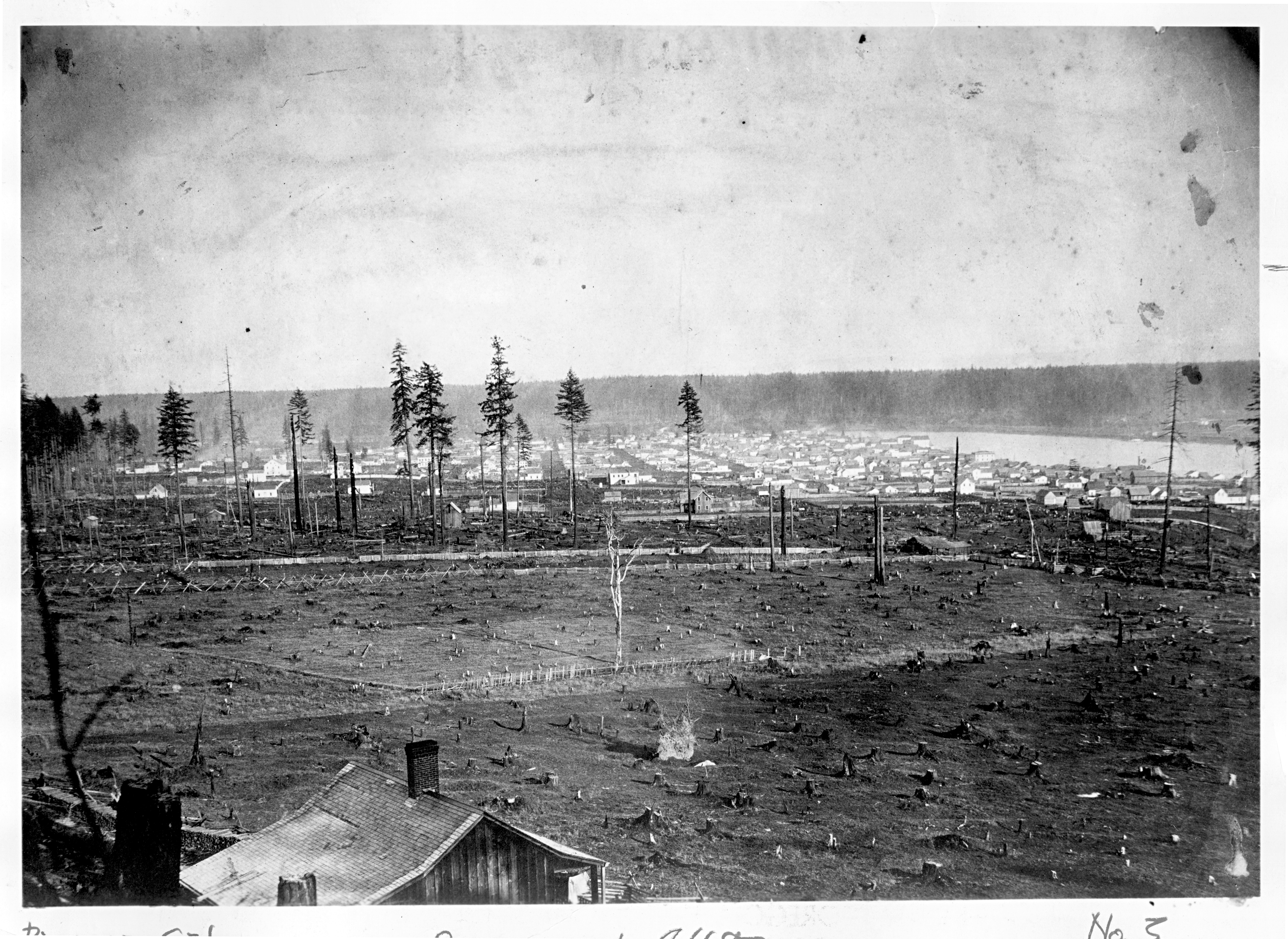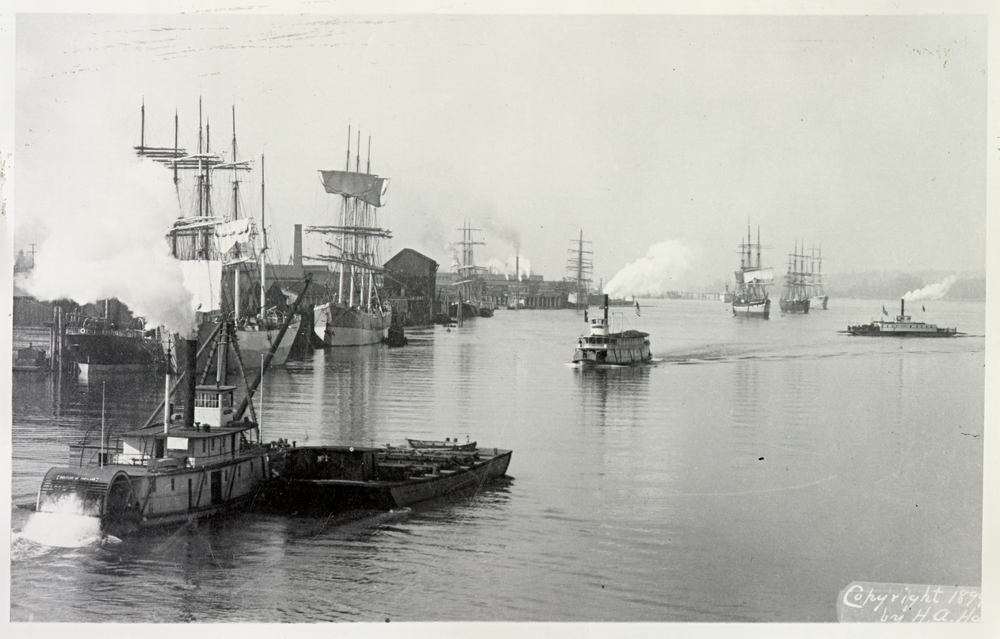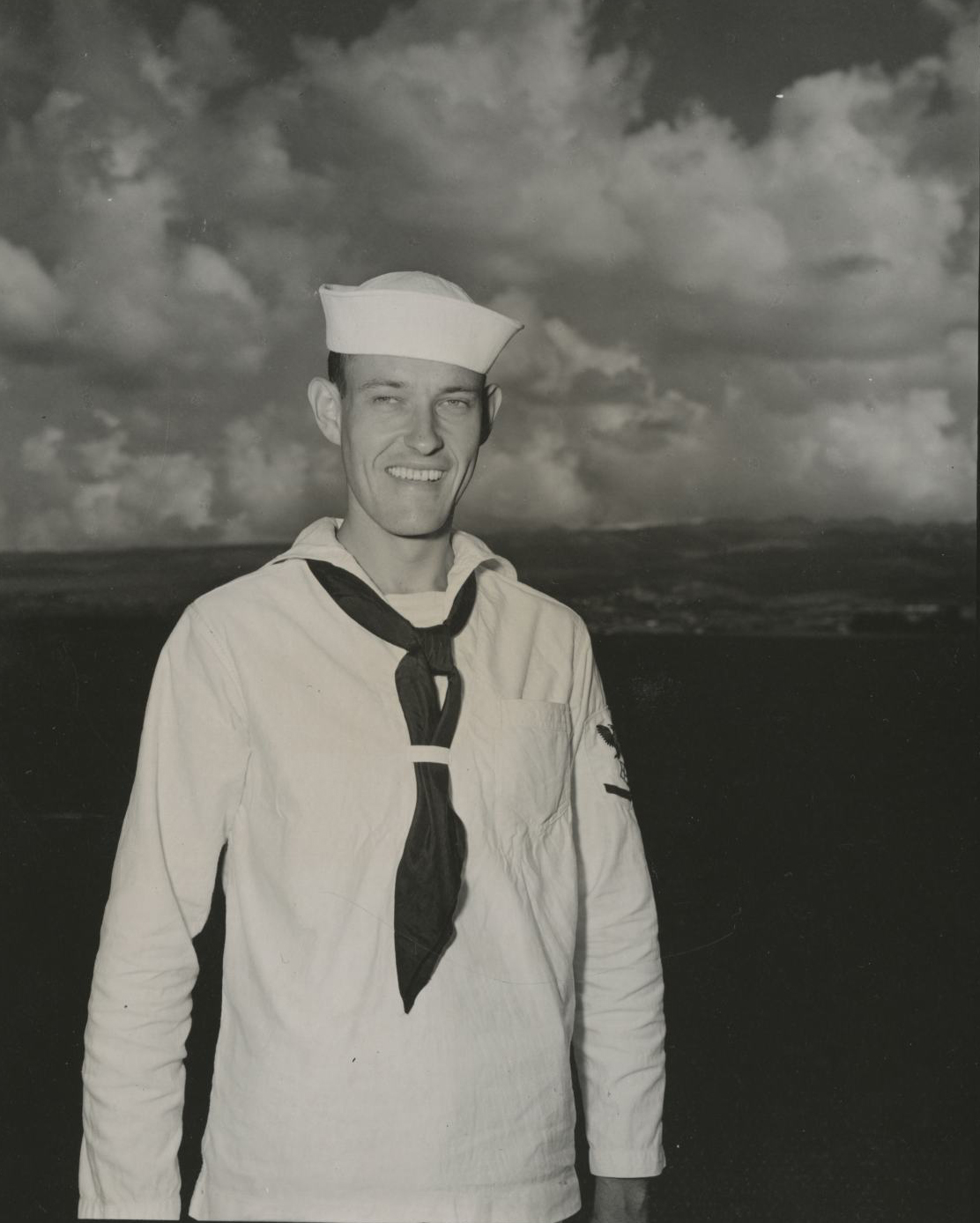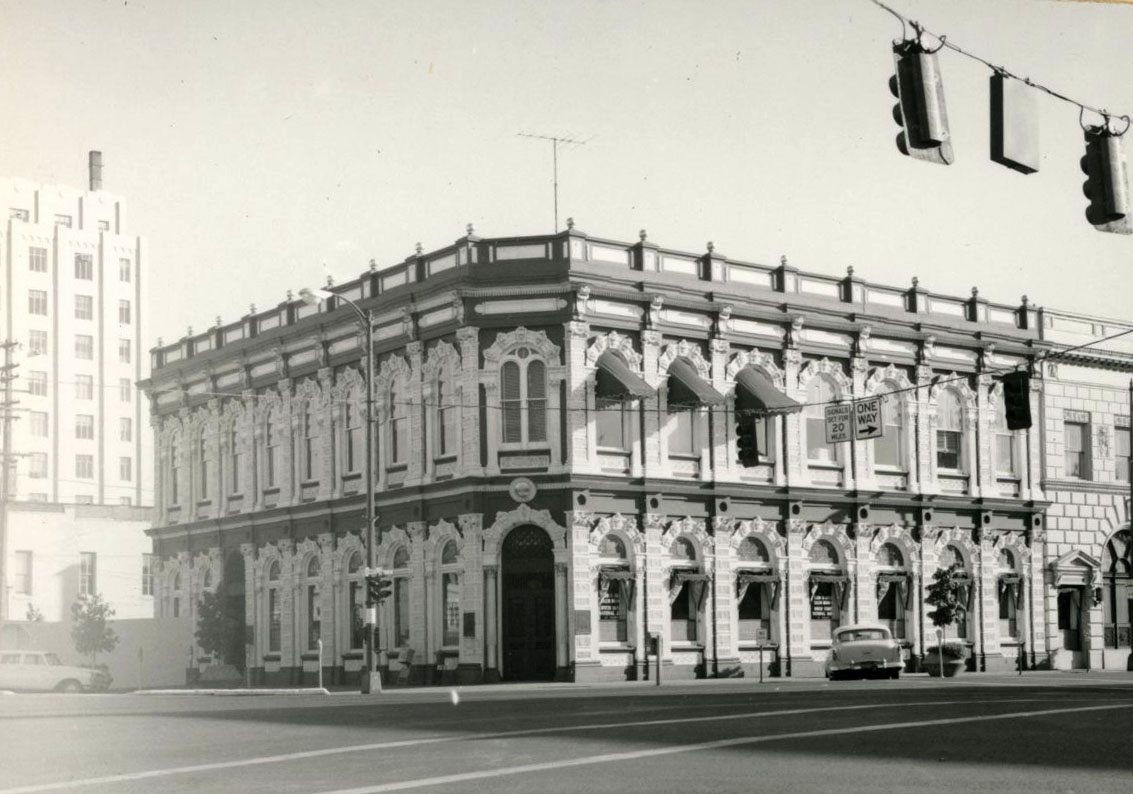Alan “Punch” Green Jr. was an Oregon businessman, Republican Party activist, and federal government servant with deep roots in the Pacific Northwest. While Green's service as ambassador to Romania during the overthrow of dictator Nicolae Ceausescu marked the pinnacle of his public stature, he played important roles in Oregon politics from the 1950s through the 1970s.
Born in Portland on May 1, 1925, Punch Green was a descendant of the prominent Ladd family and was raised in Portland Heights by staunch Republican parents. Green's father, Alan "Punch" Green Sr., came to Oregon to manage his Michigan family's timber interests; his mother, Helen Corbett Ladd, was a descendant of two of Portland's most prominent early families. While Green’s family lost much of its wealth following a collapse of the Ladd family's banking interests in the mid-1920s, changing financial circumstances did not alter his family’s commitment to the GOP. Following the 1936 presidential election, Green recollected, “I’m sure that if we’d had any money, any money, we would have moved to Maine or Vermont,” the two states carried by Republican presidential nominee Alf Landon. His parents’ activism forged in Green a party loyalty that was lifelong.
A talented young extravert with a gift for sales, Green worked for Dooly and Company, a local insurance company, when he was a teenager. He graduated from Lincoln High School in 1943 and enlisted in the U.S. Army. Late in the war, Green was wounded in a vehicle accident on Goodenough Island, just off the coast of New Guinea. Following his convalescence, he attended Stanford University under Public Law 16, legislation that funded the education of servicemen wounded in the war.
He graduated from Stanford in 1949 and married Joan Irwin, whose family owned the Irwin–Lyons Lumber Company. After several years working for the company, Green struck out on his own with the purchase of Western Batteries, a company that was failing. During his business career, Green would specialize in turning around company fortunes and leveraging capital gains.
By the early 1960s, Green was struggling with alcoholism, and an arrest in 1962 forced him to confront his need for treatment. Thankful for the transformation that he experienced, he co-founded the Comprehensive Care Corporation, an addiction treatment company that continues to operate out of southern California.
Green also developed a passion for public service and party politics. He served as chair of the Multnomah County Central Committee of the Republican Party in the late 1950s and as campaign finance chair for Governor Tom McCall in 1966. Both McCall and Governor Victor Atiyeh appointed him to the Port of Portland Commission, where he served as chair and became increasingly expert in the changing needs of modern shipping. A supporter of presidential candidate George H. W. Bush in 1980, Green was asked to co-chair the Reagan-Bush campaign in Oregon during the general election season. That work led to his appointment as chair of the Federal Maritime Commission. He considered the Shipping Act of 1985, modernizing legislation that updated a framework that dated to 1916, as among his proudest achievements.
Following passage of the Shipping Act, Green resigned his federal post and concentrated again on politics, serving as the Oregon chair of George H. W. Bush’s 1988 presidential campaign. After winning the election, President Bush appointed Green to be ambassador of Romania, a post he assumed on December 1, 1989, less than a month before Romanian dictator Nicolae Ceausescu was deposed and then shot in the last Eastern Bloc revolution of that tumultuous year. Green slept on his office couch during ten days of civil unrest in Bucharest, as he arranged for the swift evacuation of nonessential personnel and American family members—even, he later recalled, cleaning the embassy toilets. Grateful for his leadership, the Bush Administration awarded him the State Department’s Distinguished Honor Award, a plaudit rarely given political appointees.
Green ended his term as ambassador in January 1992 and retired to Portland. He continued his activity in moderate Republican circles, including both of Gordon Smith’s campaigns for the U.S. Senate. “I like the word ‘moderate,’” Green said toward the end of his life. “I think ‘moderate’ conveys that you’re not on either side.” Statesmanship, he believed, required compromise. “[The Right] won’t give in on one point that they believe in, which in a way should be admirable, I suppose, but life doesn’t work that way,” he concluded.
Punch Green died in 2001 at his home in Palm Springs, California. He was survived by his wife and three daughters.
-
![]()
Oregonian, March 30, 1985.
Courtesy The Oregonian
Related Entries
-
![Portland]()
Portland
Portland, with a 2020 population of 652,503 within its city limits and …
-
![Port of Portland]()
Port of Portland
The Oregon Legislature created the current Port of Portland in 1970 by …
-
![Thomas William Lawson McCall (1913-1983)]()
Thomas William Lawson McCall (1913-1983)
Tom McCall, more than any leader of his era, shaped the identity of mod…
-
![William S. Ladd (1826-1893)]()
William S. Ladd (1826-1893)
At age twenty-seven, William Sargent Ladd was the youngest mayor to eve…
Map This on the Oregon History WayFinder
The Oregon History Wayfinder is an interactive map that identifies significant places, people, and events in Oregon history.
Further Reading
Milstein, Michael. “Former Ambassador Alan ‘Punch’ Green Dies at 75.” Portland Oregonian, March 25, 2001.
Green, Alan "Punch," interviewed by Jim Strassmeier, 1999. SR2824. Oregon Historical Society Research Library, Portland.





